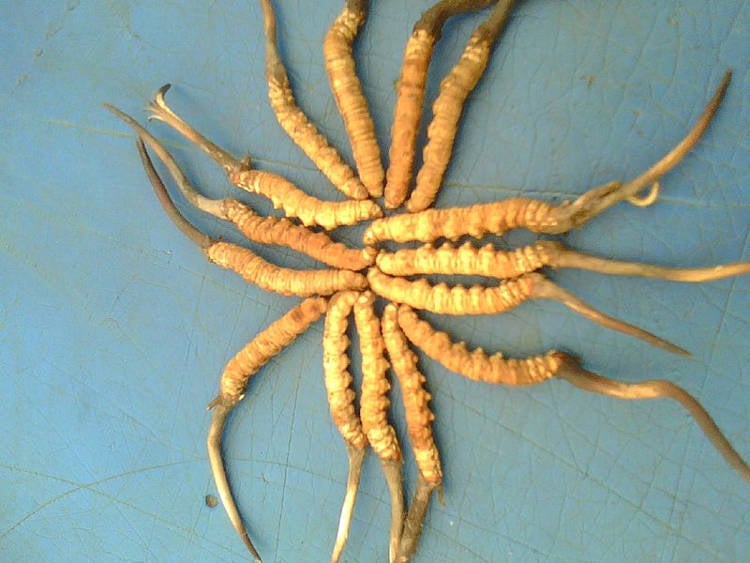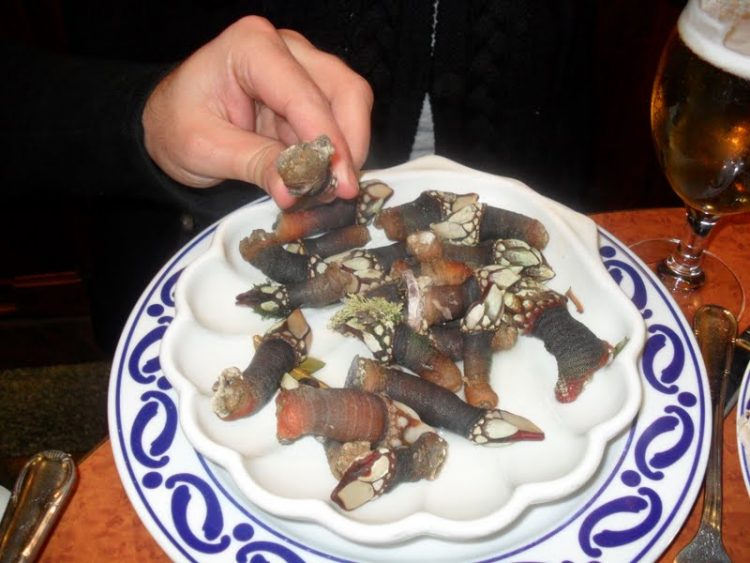Yartsa Gunbu – The World’s Most Expensive Parasite Is Worth Three Times Its Weight in Gold

Yartsa Gunbu, a fungus that infects ghost moth caterpillars on the Tibetan Plateau, is considered by far the most expensive parasite in the world, fetching up to $50,000 a pound. A close relative of the tropical parasite that infects ants and turns them into zombies, Ophiocordyceps sinensis is only found on the Tibetan Plateau, where it […]
Lucifer’s Fingers – A Rare and Potentially Deadly Delicacy of the Sea

Because to their thick, finger-like trunks and their eerie claw-like feet, the gooseneck barnacles growing on the rocks of Portugal’s most south-western coastline are known as Lucifer’s Fingers. They are sometimes referred to as the truffles of the sea, both because of their rarity and high price, but also because of how hard and risky they are […]
